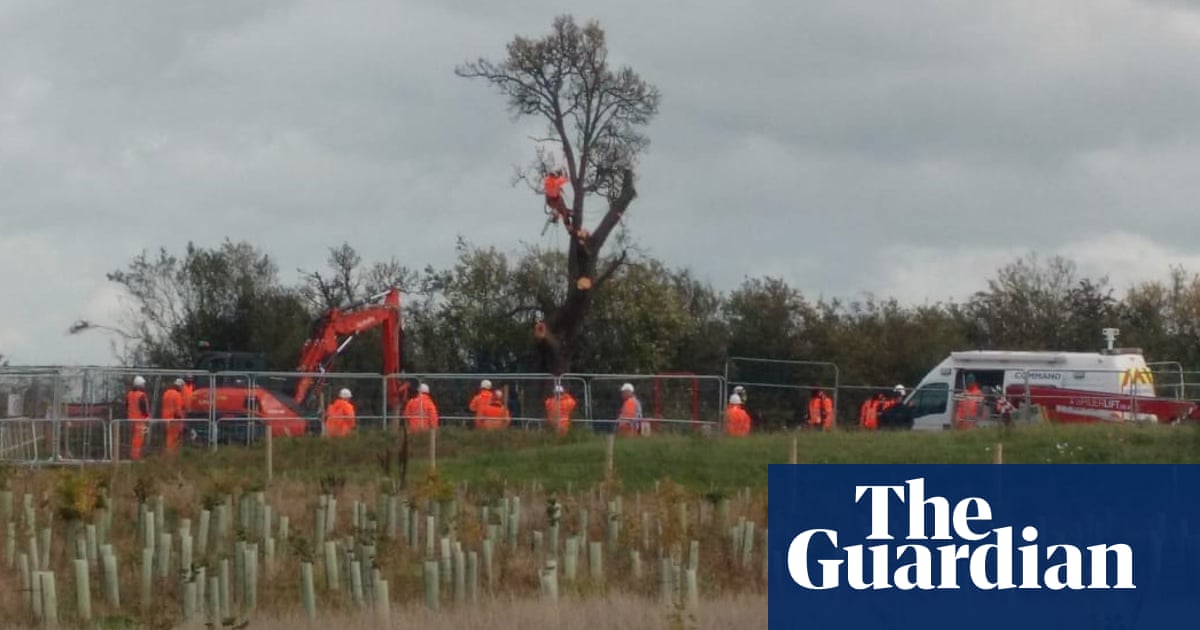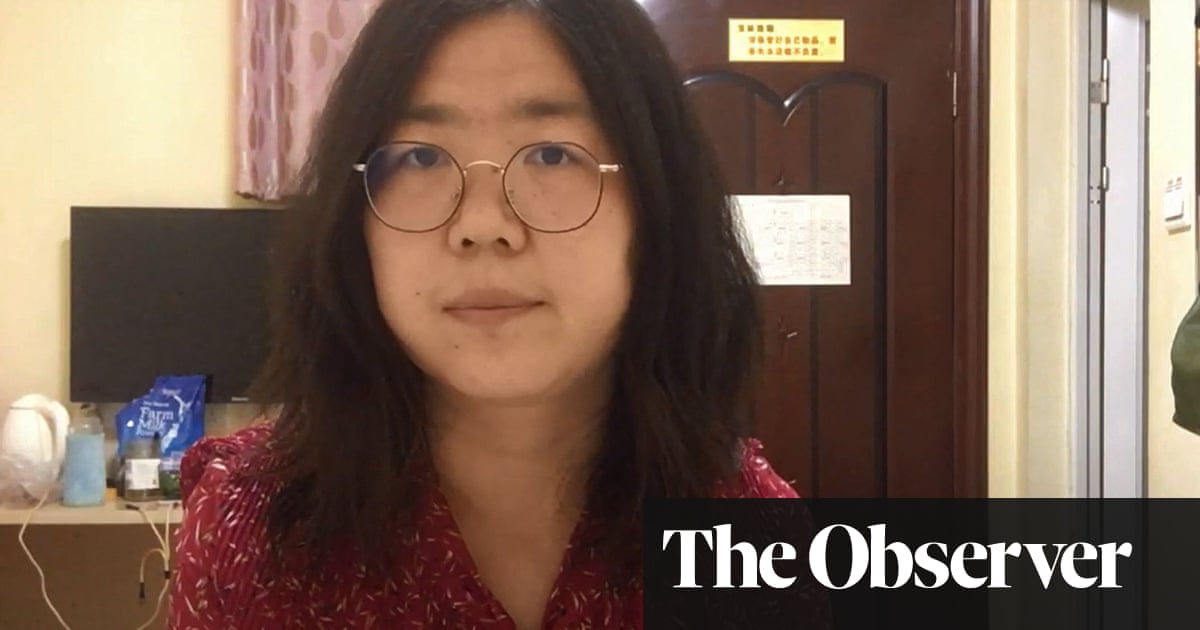
n 24 March, the Hubei coronavirus prevention and control department announced that starting from midnight on 8 April, people would be allowed to leave Wuhan and the surrounding Hubei province. Transport links to the outside will be restored and people with a green “health code” will be able to leave.
Seeing this news, I was not very excited. First, my residential compound was still under lockdown. Secondly, the situation of the epidemic has improved but the aftermath and the disaster caused by this epidemic still continues.
How do we remember the people who died? How do we help those damaged by the virus? How do we improve the situation for Hubei people who are now discriminated against? Many businesses have gone bankrupt, and people have lost jobs – how can we ensure their livelihoods? All these questions require the government and society to face the truth and take responsibility. But so far, we have not seen a comprehensive policy announced.
On the evening of 30 March, a volunteer in my compound said they had spoken to the security guard and that residents with a green health code could now go out to buy supplies. I was so excited, I burst into tears. I quickly registered for the health code on Alipay and got ready to go out the next day. The last time I left my home was 26 February. It had already been 43 days.
On 31 March at 11:35am, I walked out of my compound. (Each household can have one person leave, for a maximum of two hours.) Stepping out of my compound, I didn’t have any special plans, I was just so eager to see this city again with my own eyes.
A lot of stores had not yet reopened but there were more than before: supermarkets, convenience stores, small noodle shops, electronics stores, shopping malls and so on.
Because I could only stay out for two hours, I was a little flustered and had trouble taking clear photos. I passed by a store selling Wuhanese snacks and bought 10 fried meatballs for 21 yuan ($3).
As part of the lockdown, a lot of places have been fenced off, including stores along the street and alleyway entrances, or gates to the riverbank. These shops are like urban villages – the residents don’t live in formal residential compounds with management services or a courtyard. Most of their homes are small – and they have had to stay in for more than 40 days, some of them even more than 60 days.
Someone once asked me: “What is the first thing you will do after the lockdown?” I said: “Walk along the river and shout.” So on this day, I headed toward the river.
I cycled to the entrance and then walked along the bank. There were more people now. There were parents with their kids, couples, people fishing. I found a seat, took off my face mask and in one breath ate five of the meatballs. They were juicy but not greasy. The flavour was just right.
After I finished eating, I walked along the riverside. I hesitated a little and then facing the river I yelled: “Ahhhh!” Two other voices joined me. One of them even shouted three times. We have all been trapped for too long. We have been suffocated. I shouted a few more times. I felt energised.
The two hours passed quickly. At 1pm I began walking back from the river. I bought a carton of yogurt from a small super market next to my compound. At 1:32pm, I went back home.
Being able to leave our neighbourhood compound is one small step. Bringing the city back to life is still a long way away. Globalisation has shortened the distance between people and connected them – but it has also led to the explosion of this epidemic around the world.
Many of the new cases in China now are imported infections, which could lead to a second outbreak. To face the epidemic, people must take protective measures and the government must treat those who are infected. All I want is to not go through another lockdown.
Guo Jing, 29, is a women’s rights advocate in Wuhan and author of Wuhan Lockdown Diary.
Translated by Wu Pei Lin and Lily Kuo












